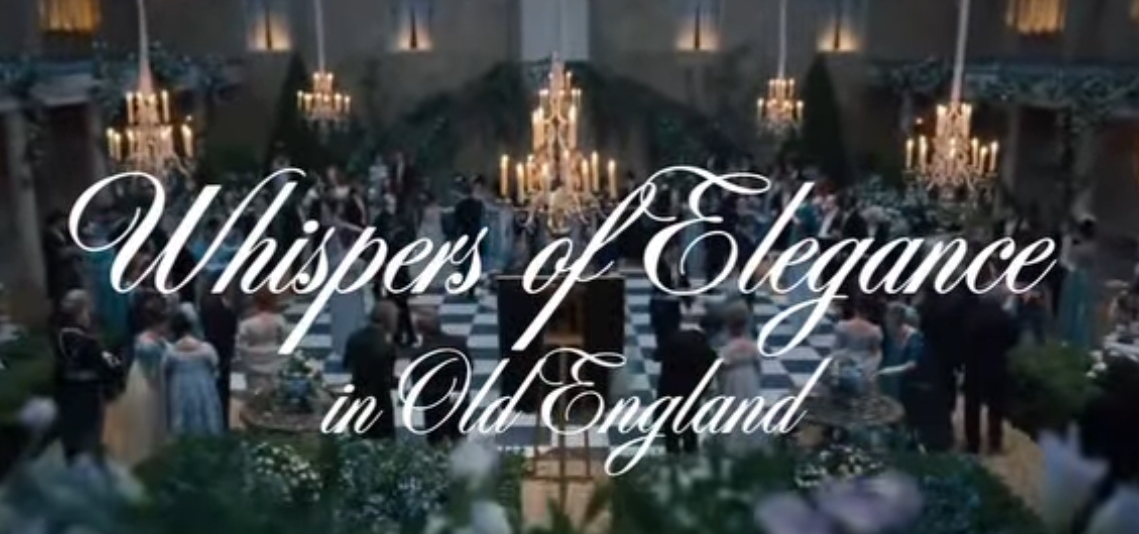Civil Rights Documentary Moves Beyond the Book
March 16, 2017
Author and civil rights activist James Baldwin was inspired in 1979 to write a book memorializing the lives of his friends and civil rights leaders Dr. Martin Luther King, Jr., Malcom X and Medgar Evers.
Unfortunately, Baldwin never wrote more than a 30 page manuscript of the book before his own death in 1987.
Thirty years later, director Raoul Peck finished what Baldwin started through his documentary “I am Not Your Negro.”
Samuel L. Jackson’s powerful voice narrates Baldwin’s powerful messages from his original draft, which echoes in audiences’ brains long after they leave the theater. Between the mic-drop manuscript by Baldwin, videos from the civil rights and Black Lives Matter movements show real-life examples of what Baldwin wrote about in his rough draft. Movie clips from classic films of the last millennium and interviews of the four civil rights leaders are also sprinkled throughout the 95 minute documentary.
The use of movies to back up the statements made in interview clips is a great representation of art imitating life. Movies are often seen by Americans as an escape from reality, but they are actually more real-life than they seem. Classic movies in this context make the documentary relatable to people from all walks of life, because seeing acts of racism so blatantly exposed in our national entertainment makes it real for those who may have never been on the receiving end of racism.
Although Baldwin’s book was going to focus exclusively on the lives of Dr. King, Malcom X and Evers, the film “I am Not Your Negro” also includes the life of Baldwin—and for good reason. Not only was he an eloquent speaker, but he was also level headed in how he voiced his opinions. The injection of Baldwin’s own experiences makes the movie arguable better than the book could have been.
In one of the most impactful scenes of the movie, Baldwin claims in an interview that although history is in the past, it will always be a part of us. You cannot separate your past from your present, because the two are intertwined in a web of choices you have made and will make.
Although this statement comes at the end of the documentary, it could be considered the film’s thesis statement. Baldwin’s manuscript was written over 30 years ago about men who lived over 40 years ago, but their stories are still relevant because their fight is still being fought.
America has made great strides for civil rights since the 1960s, but there is still work to be done for equality. In order to fix the racial problems that face America, Baldwin said we all must understand the struggles of both Emmett Till and Trayvon Martin—no matter the colors of our skin.
And “I am Not Your Negro” is a good place to start.











